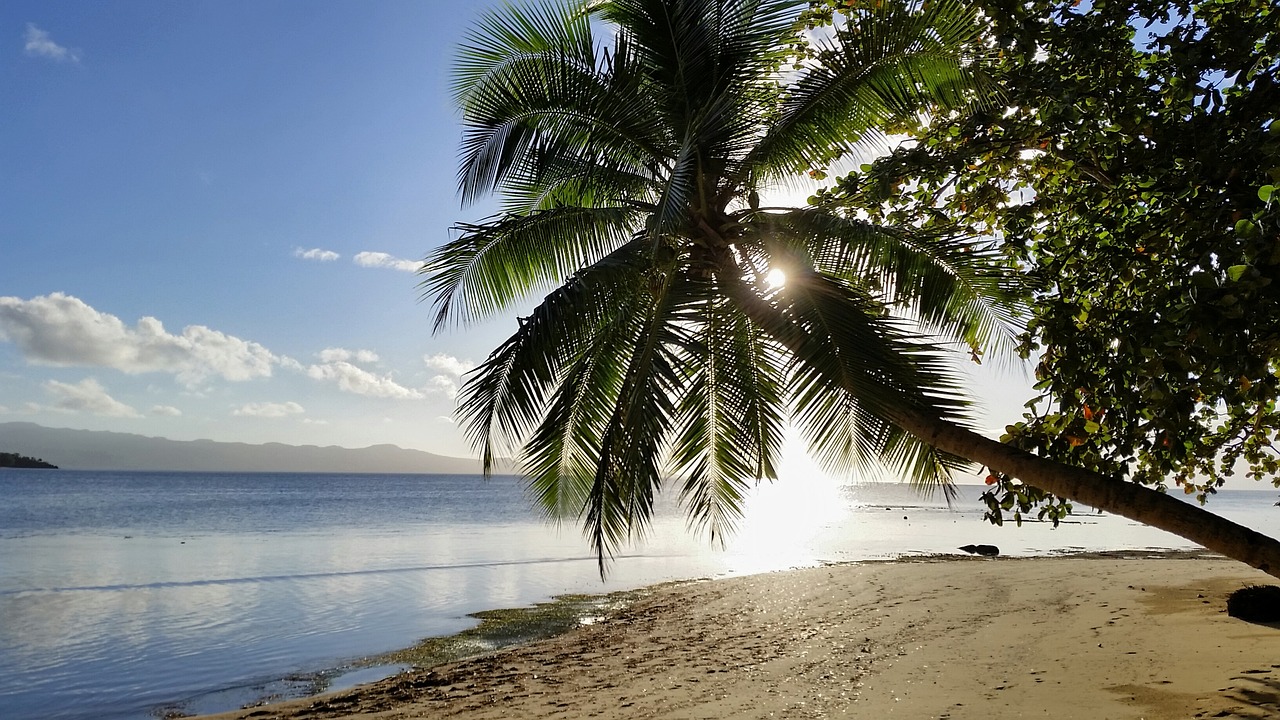Fiji is an island nation famous for its sandy beaches and surfing. It is a beautiful place with alluring flora, and gorgeous translucent blue waters.
In 1996 the island started to bottle their pure water and shipping it from the island to customers around the world. This caused a huge shortage for the residents. Early in 2008, a study concluded that one-third of the population of Fiji were lacking access to clean water while shipping millions of gallons to wealthier countries. The main water supply for all the major towns on the larger island comes from surface water. The low-lying islands which are smaller, make use of groundwater and can harness rainwater effectively. Due to the lack of sanitation and awareness, wells are contaminated daily, which also adds to the problem.
Dysentery, Typhoid fever, Diarrhea, and Hepatitis A are just a few water-transmitted diseases that has become popular in Fiji.
The Surface Water Problem
Fiji has a lot of small islands, some of which are low in elevation and populated. Groundwater accessibility is a problem on some of the islands. The residents rely exclusively on the surface water and might attempt to use rainfall as a substitute for the lack of water. People are encouraged to clean their gutters regularly, to catch the rainwater. Roof systems are widespread in Fiji, but the mindset of the rural people may fail them to consider the possibility of life-threatening climate changes. Most of these residents are unaware and do not realize that drought can be caused when there is relatively abundant water for most of the time.
When drought struck the islands to the Northwest of Viti Levu, bottled water was sent by the Fiji government to alleviate the shortage. This region of the Islands continually faces a shortage of water, which has been an ongoing problem, one of which the government is trying to salvage.
Buy water coolers or rent water coolers from Living-Water Ltd in London.






